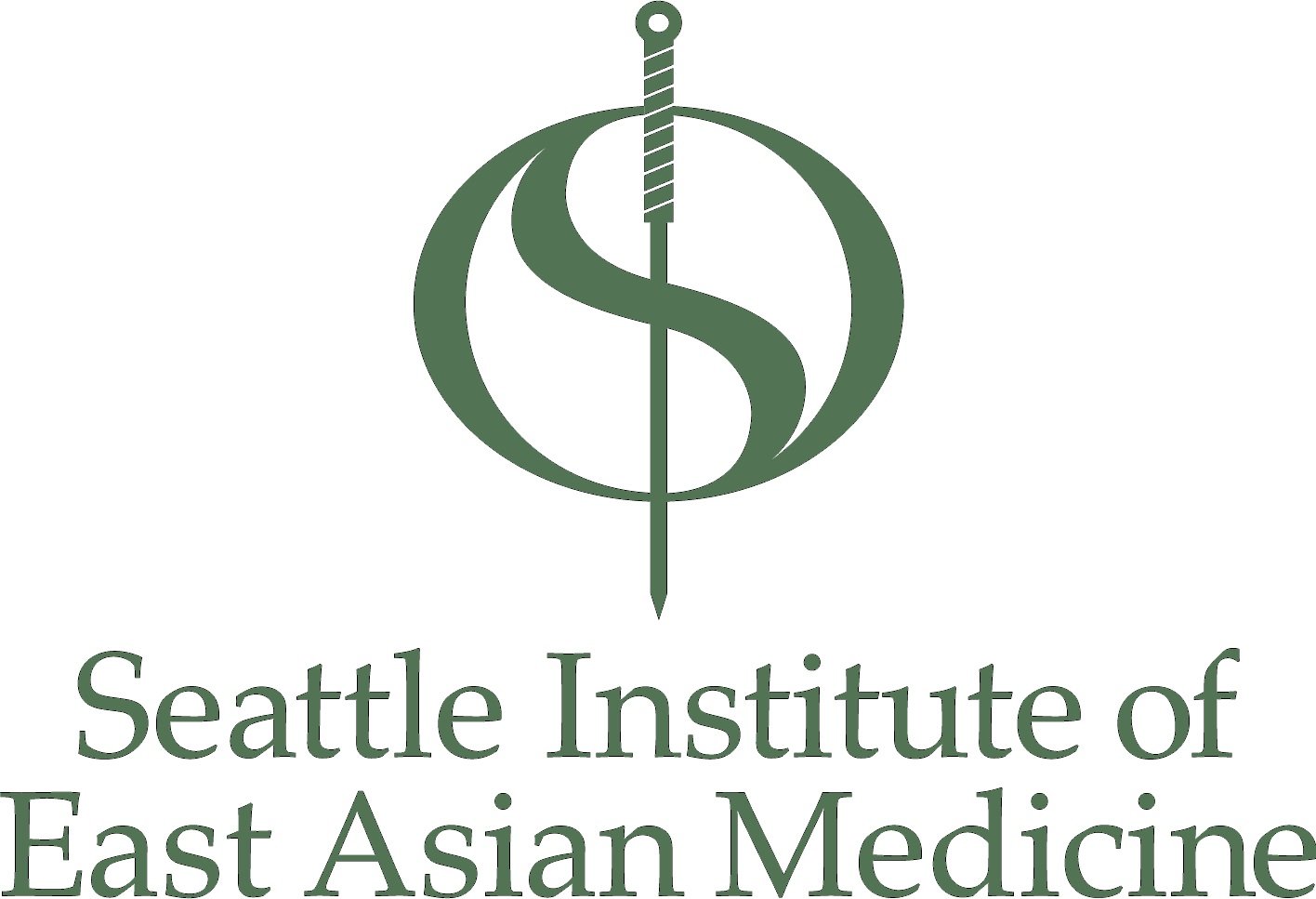Mission, Purpose and Learning Outcomes
mission
The mission of SIEAM is to train compassionate and effective practitioners of East Asian medicine who can function independently and collaboratively in patient-centered care.
This is achieved through apprentice-style clinical experiences coupled with an integrated curriculum emphasizing case-based instruction, physical palpation skills, qi gong practice, Chinese language instruction and collaborative care experiences. Students practice a variety of approaches to east Asian medicine that engender awareness and respect for the validity of different healing traditions. This training allows graduates to develop their own unique approaches to the practice of this ancient medicine.
purpose
The Seattle Institute's statement of purpose grew out of the founders' belief that education in East Asian medicine is best accomplished in a clinically-based program in which students work in small groups with experienced practitioners. The Seattle Institute fulfills its statement of purpose by offering two Master's degree programs: a Master's in Acupuncture and a Master's in Acupuncture and Oriental Medicine, as well as a Doctoral degree in Acupuncture and Herbal Medicine. The school is designed to support its purpose in several distinct ways:
A limited number of students are accepted annually to insure a small class setting.
Students begin clinical instruction with experienced practitioners in their first trimester to focus on patient care in a clinically-based, apprentice-like experience.
Faculty are selected who represent different styles of acupuncture and have extensive experience as practitioners.
Students are expected to be independent learners with class time being focused on discussions and labs that go beyond the material available in the texts.
learning outcomes
The Institute has established five global learning outcomes to be achieved by graduates of its programs. These are:
KNOWLEDGE - The learner must demonstrate the ability to acquire and to apply the knowledge of East Asian medical principles, modes of diagnosis, and treatment strategies. The learner must demonstrate an understanding of basic principles of biomedicine for purposes of collaboration, communication, awareness of emergency situations and referral.
JUDGMENT - The learner must demonstrate competency in clinical reasoning that relies on knowledge, experience, context and is self-correcting.
TECHNICAL SKILL - The learner must demonstrate the ability to safely perform appropriate procedures and techniques in the assessment and care of patients.
PROFESSIONALISM - The learner must consistently demonstrate qualities of an EAM practitioner including integrity, compassion, responsibility, and a commitment to professional excellence.
COLLABORATION - The learner must demonstrate the ability to work effectively in a team approach to patient-centered care, referring and collaborating when appropriate, and contributing to improved health care outcomes.
